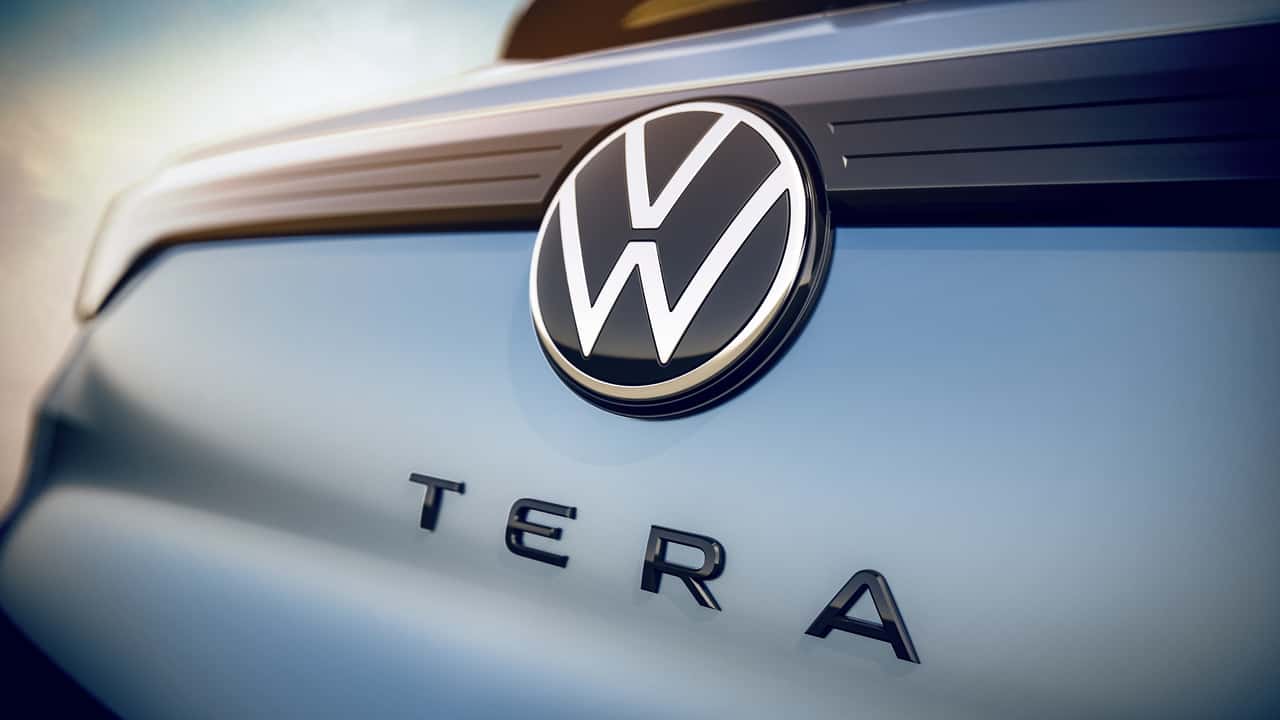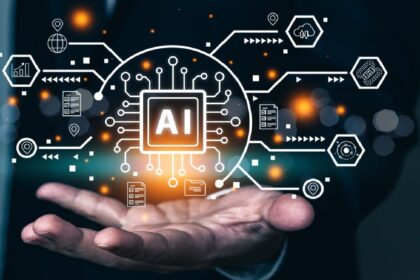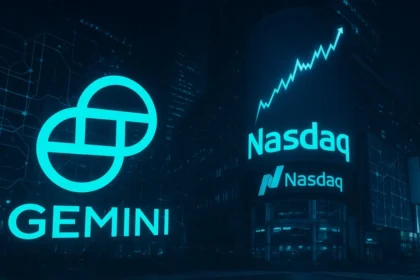Volkswagen has announced plans to invest up to €1 billion ($1.2 billion) in artificial intelligence development by 2030. These funds will be directed toward AI-enabled vehicles, industrial applications, and the expansion of the company’s own high-performance IT infrastructure. According to company estimates, this strategy could save up to €4 billion by 2035 through improved process efficiency and supply chain optimization.
The announcement came on the opening day of the IAA auto show in Munich – Europe’s largest automotive industry exhibition. This is where traditional automakers showcase their latest EVs and technologies as they strive to maintain their position against growing pressure from Chinese brands. For Volkswagen, this is not just about unveiling new models – it is a market signal that the company is ready to revise its strategy and commit to long-term technological transformation.
Strategic Insights notes that such steps are no longer symbolic but part of the practical agenda of global auto giants. In recent years, the industry has grown accustomed to loud promises about an AI future, often limited to presentations and experimental prototypes. Now, billion-euro investments show that this is about a fundamental restructuring of the business model.
For Volkswagen, the bet on AI means several directions at once. First – vehicles with AI integration capable of delivering new levels of personalization and safety. Second – industrial processes, from production management to logistics, where algorithms can cut costs and accelerate decision-making. Third – the development of powerful digital infrastructure to unify production, customer services, and global research centers into a single ecosystem.
YourDailyAnalysis determined that The market context also matters. In its home market of Germany, the company is implementing a large-scale cost-cutting program, postponing secondary projects and focusing on core priorities. In China, now the largest arena for EVs, Volkswagen faces fierce competition from local producers who are already leveraging AI to optimize manufacturing and marketing. That is why for Volkswagen, investing in AI is not only about the future – it is also a response to today’s challenges.
The economic effect is worth emphasizing. The projected €4 billion in savings is a strong argument in favor of such large-scale investment. If the forecasts prove accurate, this will illustrate how technology reshapes a company’s financial architecture – every euro invested could yield multiple returns through cost reduction, faster processes, and more accurate forecasting.
The auto industry as a whole is at a turning point. If in the past success was determined by engine power and model design, today the decisive factor is digital competence. Those who learn to integrate artificial intelligence into the value chain will gain not only a competitive edge but also the ability to set new rules of the game.
YourDailyAnalysis conclusion: Volkswagen’s $1.2 billion AI investment is not a one-off initiative – it is a strategic course aimed at transforming the very nature of the company’s business. For investors, it is a signal that the future of the auto industry will be shaped not only by electrification but also by the depth of technological integration. Those companies that bet on AI and succeed in turning it into a source of savings and innovation will define the balance of power in the global market for decades to come.















